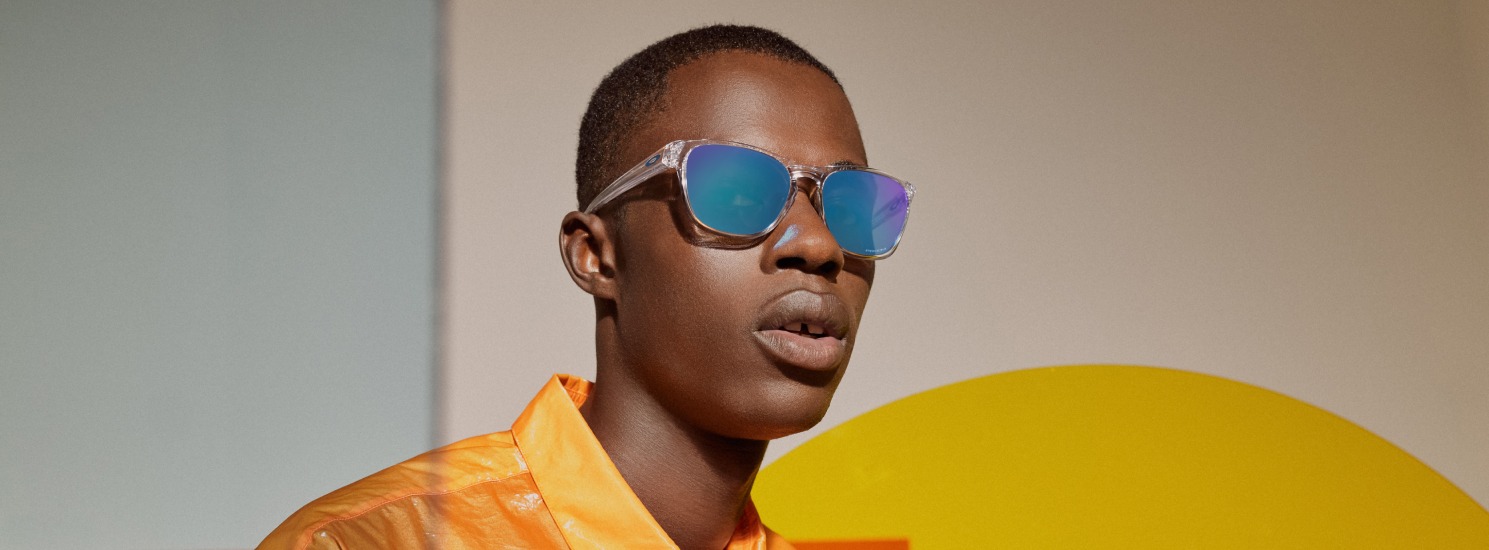Nurses are the often-unsung heroes of the medical world. Here, we honor and thank nurses everywhere for their dedication, compassion, and medical skills by highlighting some of the most famous nurses in history. These famous nurses have shaped the profession and exemplified what it means to be a nurse.
Famous Nurses in History
Mary Eliza Mahoney (1845-1926)
Mahoney was the first professionally trained Black nurse in the USA. She worked for 15 years at the New England Hospital for Women and Children near Boston before being admitted to the nursing school, and she was one of only three women to graduate out of a class of 40. She went on to have a successful career in nursing and to advocate for other Black women in the field.
Elizabeth Grace Neill (1846-1926)
New Zealander Neill was responsible for getting key legislation written and passed that regulated the nursing profession. The Nurse’s Registration Act, passed in 1901 in New Zealand, required nurses to be trained, tested, and registered to practice, which protected both the nurses themselves and their patients. This act was the blueprint for similar laws in other countries.
Mabel Keaton Staupers (1890-1989)
Barbados-born Staupers is best known for leading the way to desegregate nursing in the U.S. military during WWII and to end the use of quotas that limited the number of Black nurses. In her post-war career, she helped establish the Booker T. Washington Sanitorium as well as the National Council of Negro Women.
Virginia Avenel Henderson (1897-1996)
The American nurse Virginia Henderson, often called “the first lady of nursing,” developed nursing theory. She helped define and shape the role of the nurse today. Her textbook, Textbook of the Principles and Practice of Nursing, was first published in 1955 and is still in use in nursing schools around the world to this day.
Mother Teresa (1910-1997)
Mary Teresa Bojaxhiu was born in the Ottoman Empire but spent most of her life in India. While she was not a school-trained nurse, she is famous for her tireless devotion to caring for the very sick and poor in Calcutta, including those with leprosy, tuberculosis, and HIV/AIDS. She was canonized by the Catholic Church in 2016 as Saint Teresa of Calcutta.
Luther P. Christman (1915-2011)
Christman broke barriers as a man in a female-dominated profession1 in the 1940s and 1950s. He was rejected from programs and opportunities because of his sex, but he persevered and became a highly recognized and awarded nurse. He advocated for men in nursing and worked to advance the nursing profession throughout his career.
Famous Nurses of Today
Diane Carlson Evans (b. 1946)
Evans served as a nurse in the U.S. Army Nurse Corps during the Vietnam War, and she is best known for her passionate advocacy to establish the Vietnam Women’s Memorial. The memorial, on the National Mall in Washington, D.C., recognizes the contributions of the military women and nurses who served in Vietnam. Although she has retired, she remains one of the most famous nurses today.
Claire Bertschinger (b. 1953)
English-Swiss Bertschinger has dedicated her life to nursing and improving the lives of those who need it most, particularly those in very poor or war-torn areas. She helped raise awareness of the devastating starvation in Ethiopia she saw while serving there in the 1980s. A BBC news piece she did inspired musician Bob Geldof to create Band Aid and later Live Aid, which raised over £150 million ($127 million) for famine relief in Africa.
Famous Wartime Nurses
Crimean War – Florence Nightingale (1820-1910)
Florence Nightingale, or “The Lady with the Lamp,” might be the single most famous nurse in history. The British nurse cared for wounded soldiers in the Crimean War, improving hygiene and sanitation conditions, and using statistics to help reduce mortality rates. She later established the first secular nursing school in the world, the Florence Nightingale Faculty of Nursing and Midwifery at King’s College London.
Crimean War – Mary Seacole (1805-1881)
Jamaican-born Seacole used her own funds to travel to Crimea and tend to the wounded soldiers after her offers to volunteer were rejected multiple times. With the help of a business partner, she built a little hotel nearby, where they fed and cared for wounded soldiers. After the war, she was financially supported by people who recognized her selflessness, dedication, and bravery.
American Civil War – Clara Barton (1821-1912)
Barton is best known as the founder of the American Red Cross. She gained recognition while giving lectures across the country about her experiences as a Civil War nurse, where she earned the nickname “Angel of the Battlefield.” She was also acquainted with Susan B. Anthony and Frederick Douglass, and she was an activist for women’s rights and civil rights.
World War I – Edith Cavell (1865-1915)
Cavell was a British nurse who paid for her devotion to her profession with her life. During the First World War, she served as a nurse in Belgium, where she aided wounded soldiers regardless of nationality. She also helped approximately 200 Allied soldiers escape Belgium, which at the time was occupied by Germany. She was found guilty of treason and executed by firing squad at the age of 49.
World War II and Korean War – Col. Ruby Bradley (1907-2002)
Colonel Bradley was an officer in the U.S. Army Nurse Corps and served over 30 years in the military. While serving in the Philippines in WWII, she was captured by Japanese forces and spent over three years in a POW camp, where she and other nurses cared for the prisoners. Later, as a nurse in the Korean War, she narrowly escaped an exploding ambulance while ensuring her patients were safe. Colonel Bradley’s devotion and incredible bravery are a true inspiration and a credit to the profession.
Sources












